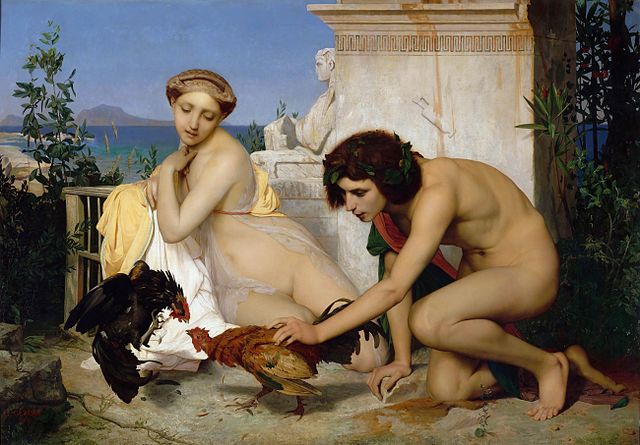I’ve been in my fair share of drama over the years.
Plenty of it I caused, and some of it I was just the participant in.
I consider drama to be whenever I enter some kind of reactive behaviour where my normal, calm and conscious responsiveness goes flying out the window. It happens through unconscious behaviour, when some primitive and child-like part of us takes over.
Suddenly this whole engagement has taken place and I wake up from it thinking “what the hell just happened? And what on Earth did I just say and do?” More than likely there is disaster trail strewn out behind me and quite potentially a relationship completely destroyed, at the extreme end of things. Despite me probably having pretty good intentions and despite me probably genuinely wanting a shared understanding and connection with this other player in the drama, it still most of the time ends up with a lot of pain.
Sometimes it can be healed when we are calmer, and sometimes it went way too far and I have to now carry the hurt of whatever just happened.
Most people know what it’s about. In fact I would be highly sceptical of anyone who stated they had not been involved in some kind of drama at some point in their life. Can you remember the last time you experienced a big dose of drama in your life? Who was it with? What happened? What did you experience?
There are plenty of ways of becoming more elegant working with drama and not falling into reactive behavioural patterns but that’s not really what this article is about.
As I have developed myself and my sensitivity towards others feelings I have been finding myself really curious about the source of a dramatic encounter. Generally there is an instigator, the one who brings it all up, and then there is the participant, who engages to some greater or lesser degree in the whole process. If both instigator and participant lose their cool and enter into reactive, unconscious behaviour then drama ensues. If one or both are more elegantly aligned then the entire scenario could be reworked into what is likely going to be a powerful learning and integrative experience, which is fantastic and the most desirable outcome.
I believe that the source of the drama—regardless of the degree of the intensity to which it arises—is the same.
But what is that source?
Raised by Buddhist parents I was in contact with the concept of Karma since a young age and while I think it is way more complex and nuanced than we explain most of the time, I also think there is a lot to the idea.
To me it seems like there is a particular and individual resonance within us that causes our life to unfold in the way it does. The situations and circumstances that emerge are in response to that inner vibration that is us. Life as we experience it, I think, is a mirror of what is within us.
When we experience uncomfortable (‘drama’) it is a reflection of a non-integrated imprint within us.
The external situation arises to give us an opportunity to work with and become conscious of the discomfort within us which creates what are oft times cyclical and repetitive life events.
The thing that amazes me—and where I think it gets incredibly complex—is that in some way a dramatic encounter is going to be my inner resonance finding just the right person to mirror this inner stuff while at the same time somehow I am being that very same person as a mirror to this other!
What a trip! To think that in some way we manage to discover the right people for us to reflect to each other just what it is we need to learn.
And so when I encounter one of these events that triggers me to become reactive I see it as an opportunity to work on opening myself to the fullness of feeling. Even if it seems like it’s all the other person who started up this whole thing and it seems like it’s all their insecurities or neediness or whatever all over me… if I slow down and take a deeper look, undoubtedly there is something in me and my internal world that is adding to the cause of the drama. There is always my side of the disturbance.
Now seeing all of this, it doesn’t mean that I now get to be in the other persons face telling them that they have to own their side of the story while knowingly telling them what I think their side of the story is! This is a mistake I have personally been making lately, and it makes everything a lot lot worse.
The takeaway message that I’m intending is: when involved in drama, regardless of who initiated it—there is something to learn for both parties involved. If we hold that in mind and take the requisite practice and processes to discover the deeper roots within us that created our drama then, I believe, over time we will alchemically transmute the energy into higher levels of creativity and skilfulness in our own lives.
Love elephant and want to go steady?
Sign up for our (curated) daily and weekly newsletters!
Editor: Renée Picard
Photo: Wikimedia Commons












Read 0 comments and reply